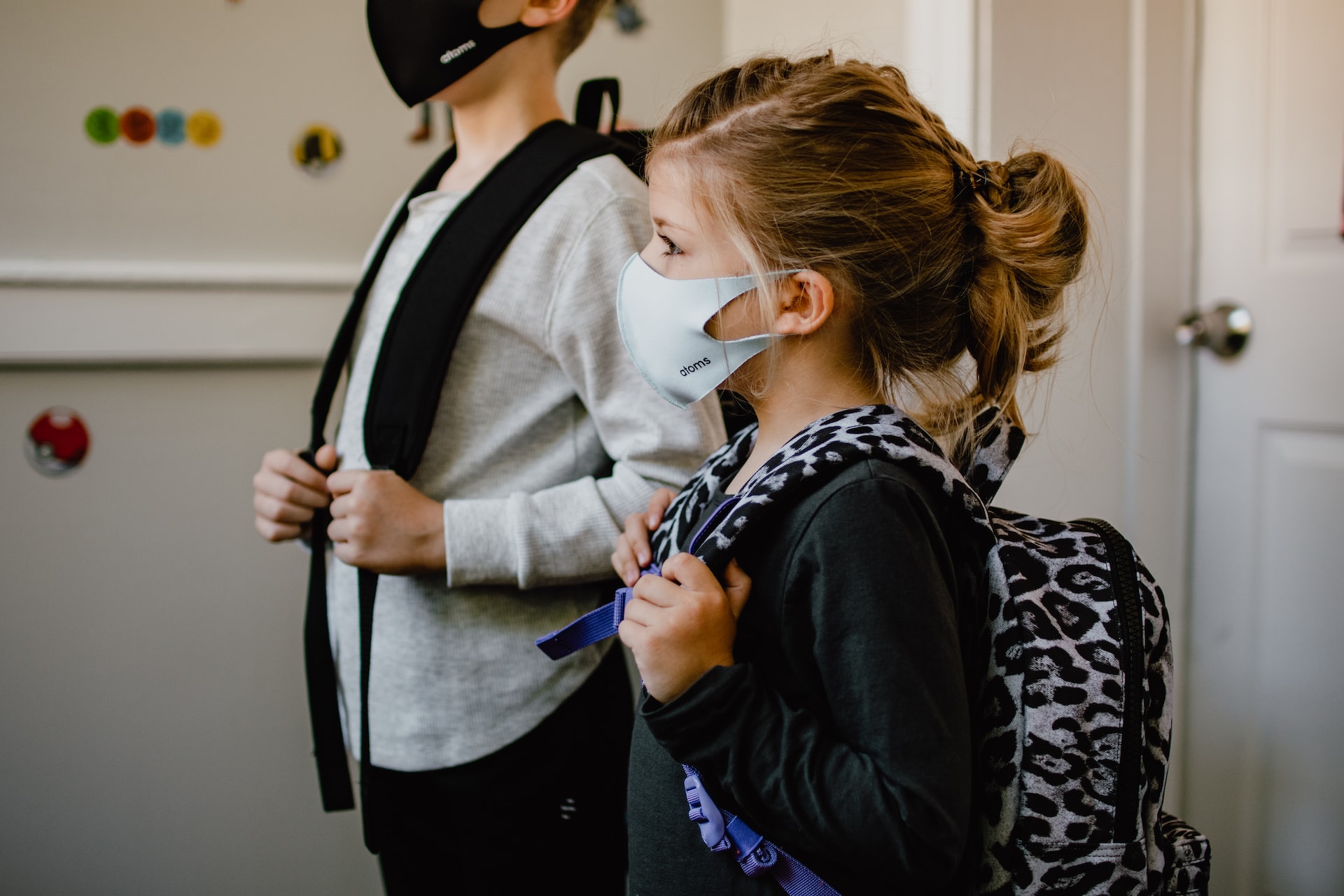How To Balance Your Child’s Illness and Schooling
How to Balance Your Child’s Illness and Schooling
Prioritizing the needs of your children can be troublesome, especially when it comes to balancing their health and school needs. Even as you worry about your sick child’s health, you also feel anxious about how they’ll be able to manage their academics.
While any good parent knows that health should always be on top, it can also get a bit frustrating when their kids get bad grades from missing classes due to a fever. It makes sense that you’ll want to keep your children up-to-date with their lessons and schoolwork as much as possible. To learn how you can balance your child’s illness and schooling, you need to have a plan and some time to get in touch with concerned people.
Talk to Doctors and Teachers
Before anything else, you’ll need to discuss your child’s health issues with your child’s doctor, particularly on how long your child is likely to recuperate at home and what you can do to help your child experience a smooth and stress-free recovery. You may also want to ask about the side effects of treatment and whether it can possibly interfere with your child’s cognitive skills such as concentrating and recalling information. Don’t forget to ask the doctor about their opinion on tutoring and studying hours.
After talking to the doctor, meet with your child’s teachers. If your child is well enough to go out, it’s better that you bring them with you. You can try to convince the teachers into working together to set a reduced schooling schedule for your child or postpone deadlines for the submission of your child’s school projects. Knowing about your child’s condition, the teachers will most likely agree to your request, and they might even offer additional helpful suggestions for your child.
Get a Plan
Ever heard of Individual Education Programs (IEPs)? These are individualized goals and learning strategies designed by teachers, counselors, and school psychologists for students who are either admitted in the hospital, or recovering from an illness at home, or those with delayed skills or learning impairment.
The objective of these programs is for parents of sick students and those with disabilities and special needs to collaborate with teachers in developing a learning plan that will help their children succeed in school. To develop the IEP of your child, their individual academic needs will be taken into account. Since creating an IEP requires you to meet with the support personnel of your child’s school, make sure to contact the school’s Special Services Office or any similar office after your child gets the green light to return to school.
Aside from an IEP, you can also request a 504 Plan for your child. With this educational plan, your child can experience the convenience of navigating school grounds, including accessing classrooms and bathrooms, with assistance from an aide. Your child may even be eligible for special transportation.
Keep in Touch with Teachers and Classmates
Your sick child’s academic isolation isn’t the only thing you should be concerned about. Since they may be out of school for a considerable number of days or even weeks, this could make them feel socially isolated, which could affect their emotional well-being. An extended absence might lead to anxiety and depression since your kid may develop the idea that their classmates and teachers have already forgotten about them.
Don’t let this happen to your child by taking action such as the following:
- Try to arrange a weekly class session between your child and their teachers via Skype or FaceTime.
- Invite your child’s friends over to your home during weekends.
- Ask the teachers if they can encourage their class to hold a letter-writing or care package campaign for your child. You can also ask permission from the school if you could set up a box where your child’s classmates and teachers can deposit their letters.
- If the doctor allows it, encourage your child to attend school events like plays, sports, and classroom parties.
Look for a Hospital-Based Support
Will your child spend a few weeks at the hospital? If so, it’s important to ask about onsite schooling. There are many hospitals that now provide hospital/homebound schooling, and the good news is, you don’t have to make extra payments for this!
The most common types of hospital-based support are classroom schooling and bedside schooling. Classroom schooling, which takes place in an onsite hospital classroom, is ideal for patients who are well enough to learn and take in information. It is usually done individually or in small groups. Bedside schooling, on the other hand, is for kids who are too weak to leave their rooms.
Hospital-based teachers work hand-in-hand with school teachers to make sure that the students are on the right track in their curriculum. Since they are licensed K-12 teachers with experience in special education, you definitely have nothing to worry about.
Save Young Lives with a Simple Vehicle Donation
Do you have an old and dusty car lying around in your garage? Are you planning to sell it but don’t have the time and money to fix it to make it sellable? Here’s a much better idea: Hand it over to us at Kids Car Donations!
Instead of going through the hassles of reselling and advertising your car, you’d be able to get rid of your unwanted car easily if you simply donate it to us. It wouldn’t even cost you a single penny. We’d gladly tow away your vehicle from your place, sell it at auction, and process all the paperwork to make it easy for you to claim your tax deduction in the next tax season.
We use the proceeds from the auction sale of donated vehicles to support the programs and services being delivered by our charity partners. These IRS-certified 501(c)3 nonprofit organizations are devoted to providing life-saving assistance to needy kids who are struggling with serious medical conditions in your local area.
For more details about our vehicle donation program, feel free to visit our FAQs page. Talk to us at 866-634-8395 or send us a message online if you have concerns about your car’s condition or any other related matters. We’ll let you know right away what we think.
You can make your car donation now by filling out our online donation form or calling us at our toll-free hotline. We accept almost all types of vehicles regardless of their age, mileage, or condition. You can make your vehicle donation wherever you are in the United States since we have vehicle donation programs in all 50 states.
Help Save Lives of Kids in Your Community Now!

Are you ready to help save the lives and restore the health of bed-ridden children in your community? Give us a call now at 866-634-8395 and get started with your car donation!


